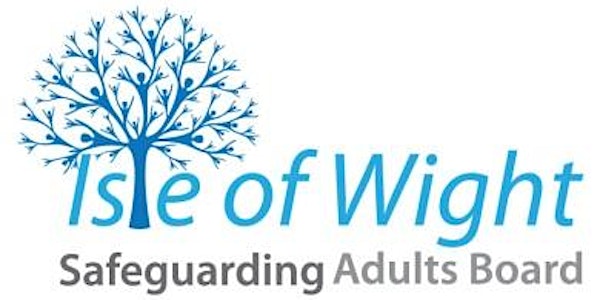
Virtual Making Safeguarding Personal (MSP) Training
To give participants an overall understanding of how staff should use their skills, knowledge and judgement to work with people to MSP.
Date and time
Location
Online
About this event
Organised by
The Isle of Wight Safeguarding Adults Board (IWSAB) is a statutory, multi-agency partnership committee, coordinated by the local authority, which gives strategic leadership for adult safeguarding, across the Isle of Wight.
The primary purpose of the IWSAB is to help and safeguard adults with care and support needs. It does this by:
- Assuring that the safeguarding arrangements on the Island help and protect adults who meet the criteria set out in Chapter 14 of the statutory guidance of the Care Act 2014.
- Assuring that safeguarding practice is person-centred and outcome-focused.
- Working collaboratively to prevent abuse and neglect where possible.
- Ensuring agencies and individuals give timely and proportionate responses when abuse or neglect have occurred.
- Assuring itself that safeguarding practice is continuously improving and enhancing the quality of life of adults in its area.
The IWSAB is working to actively develop and promote Making Safeguarding Personal (MSP) across the Island. MSP is a preventative and personal centred approach to safeguarding that focuses on the outcomes desired by the individual concerned and considering a range of responses to support people to improve or resolve their circumstances.